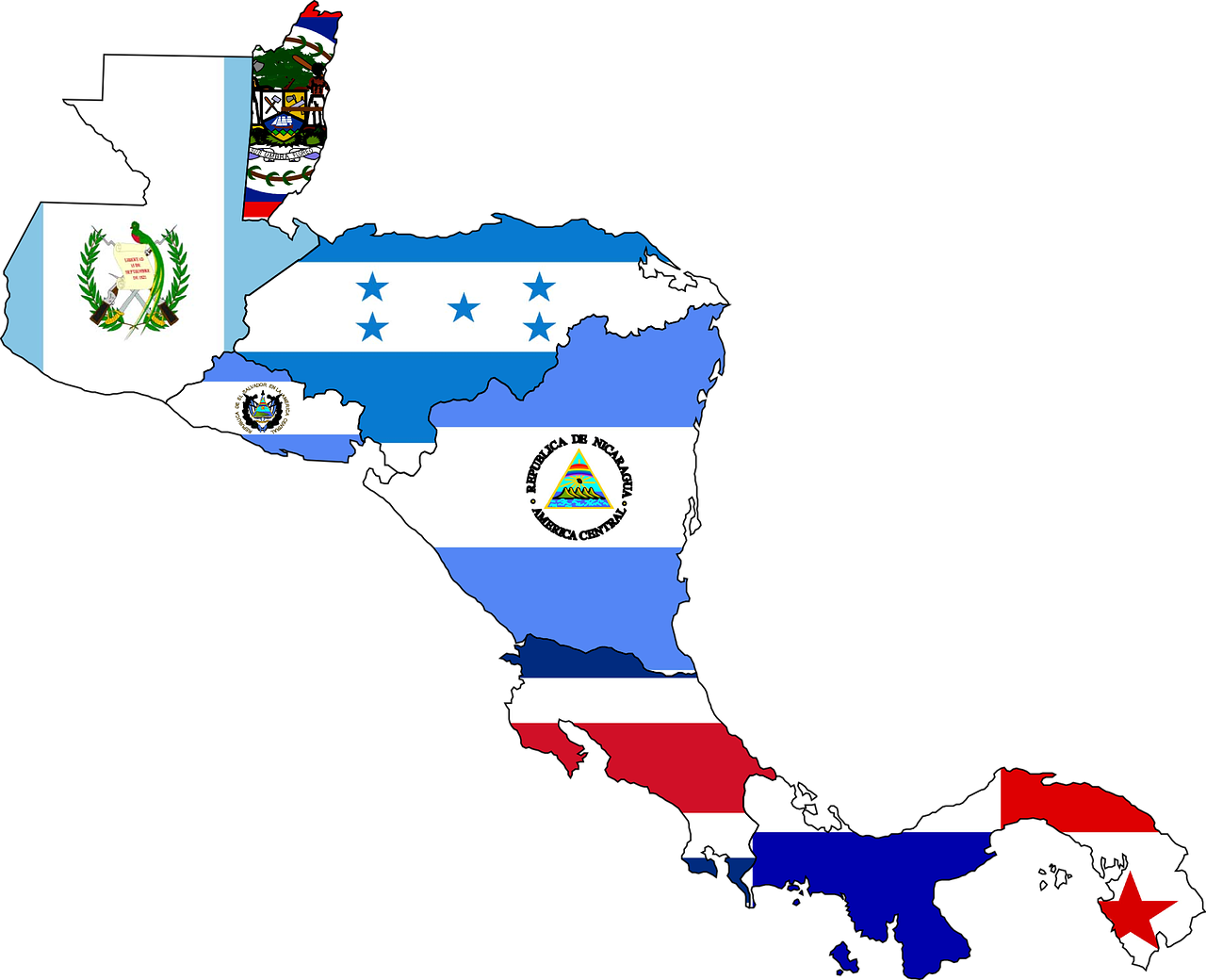A brand-new bill called the H-1B and L-1 Visa Reform Act of 2020 (S. 3770) sponsored by Republican Senator Chuck Grassley has recently surfaced. As you might have already guessed, the bill seeks to make changes to the current H-1B and L visa programs to reduce fraud and abuse within the H-1B and L visa programs, provide protections for American workers, and enforce stricter requirements for the recruitment of foreign workers. The H-1B visa program is aggressively targeted in this new piece of legislation.
Proposed Changes to the H-1B visa program
First, as it relates to the H-1B visa worker program, the bill proposes changes to existing wage requirements.
The law would require employers to pay the highest wage from three categories:
1) the locally determined prevailing wage level for the occupational classification in the area of employment
2) the median average wage for all workers in the occupational classification in the area of employment; or
3) the median wage for skill level 2 in the occupational classification found in the most recent OES survey.
Second, the bill would make changes to current law and require U.S. employers seeking to hire H-1B workers to publish job postings on a website established by the Department of Labor. After filing the labor condition application, the employer would be required to post the job on the website for at least 30 calendar days. The job posting would have to include a detailed description of the position, including the wages and other terms and conditions of employment, minimum education, training, experience, and other requirements for the position, as well as the process for applying for the position.
Third, all H-1B employers would be required to prove that they have tried to recruit American workers for jobs offered to H-1B workers. Under current law, only H-1B dependent employers (those with more than 50 full time employees of which at least 15% are H-1B employees) are required to recruit American workers for H-1B positions. This would be a drastic change in the law creating additional burdens for U.S. employers seeking to hire foreign workers with specialized skills.
 Visa Lawyer Blog
Visa Lawyer Blog












